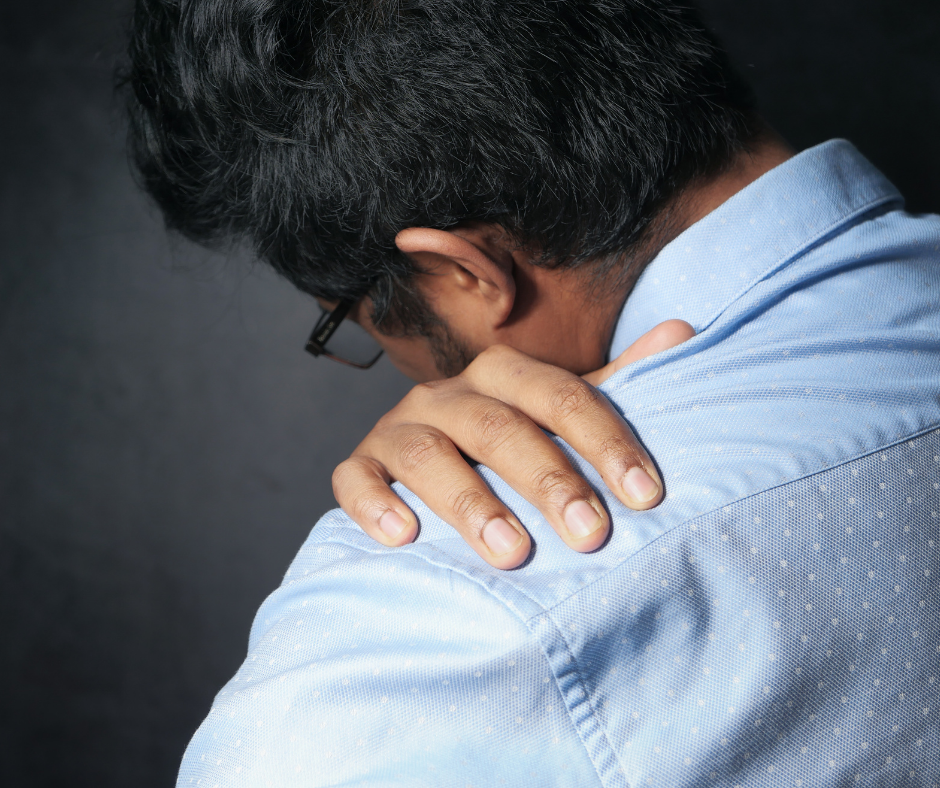This last Sunday, I attended a virtual meeting of the Chicago Ethical Humanist Circle, and the topic under discussion was self-care. We were talking about the different ways that we took care of ourselves, and somebody brought up the idea that in order to properly take care of ourselves, we had to focus our attentions on the matter. In other words, self-care did not come automatically. It came only when one had a strong sense of purpose and could bring focus to the necessary activities within which each of us had to participate, in order to properly take care of ourselves.
But then I started to wonder about how this need for self-care, how did it jibe with the growing amount of numbness in which we were all immersed in modern technological society. Certainly, if a person was immersed in an experiential vacuum, it would cause him to backslide into not taking such good care of himself. And yet, on one level, maybe that wasn’t so bad after all. If a person wasn’t protecting himself very well with constructive self-care measures, it means he was leaving himself vulnerable to a lot of abrasive stimuli from modern technological living environments. Which, in turn, could shock him out of his numbness. So sometimes, a lack of focus could be in a certain way just as helpful as focus in helping a person to protect himself.
Except that, in reality, using shocks or tension-pocket stimuli to pull a person out of an experiential vacuum only provides temporary relief from the harmful effects of living in a vacuum, and because a person can’t really absorb abrasive stimuli as well and as effectively as organic stimuli, the shocks aren’t really a long-term solution to the numbness. But we use these abrasive stimuli as if they were, because they are the only major category of stimuli available to help us feel alive. In modern technological society, there just aren’t that many significant sources available of the organic stimuli which could pull us out of our numbness permanently.
At the same time, because abrasive stimuli are a very imperfect solution to the problem of numbness, people who use them to pull themselves out of the experiential vacuum will be using a solution to their self-care concerns that is as harmful as it is helpful.
All sorts of abrasive stimuli are being used by people today for the counterintuitive purpose of self-care. Cutting oneself, burning oneself, punching oneself, banging one’s head, taking poison tablets, drinking alcohol to excess, pathological scratching, anorexia and bulimia, all these methods and more are ways of paradoxically taking care of oneself for surviving in an experiential vacuum. Also taking opioids and other addictive drugs as well as excessive exercising. Many of these destructive activities can carry us to the brink of suicide and even to suicide itself. What better way is there of pulling out of numbness than the shocking awareness of one’s potential impending death.
Then there are the more indirect forms of self-hurt. There is the self-hurt connected to the surface of our lives. Not bathing, wearing clothing that is worn out and not clean can give one a self-presentation that turns off the people around one. The same can happen if one lives in messy cluttered unclean living quarters.
Then there is the self-hurt directed away from oneself. Everything from the random hurting or killing of others to mass terrorism. There is identifying with extremist political or religious communities, cults and movements, which can frequently get one involved in abrasive activities like physical violence and cyberbullying. There is harassment and abuse of the people one loves and the people with whom one works, both of which can lead to an intense sense of guilt after they occur. And there is both purposeful and careless abuse of the natural environment in which one lives. Arson, air pollution, soil pollution, carelessly leaving garbage on the grounds of one’s parks, in one’s waterways, and now in outer space, leaving toxic chemicals lying around in an unprotected way. All of these externally oriented destructive postures and activities have aspects that rebound and also hurt us. Even if we are unconscious of what is actually happening.
The truth is that if we really want to focus on self-care, then we should start to focus on these various forms of self-destruction that we are engaged in when we are not consciously focusing on self-care.

























